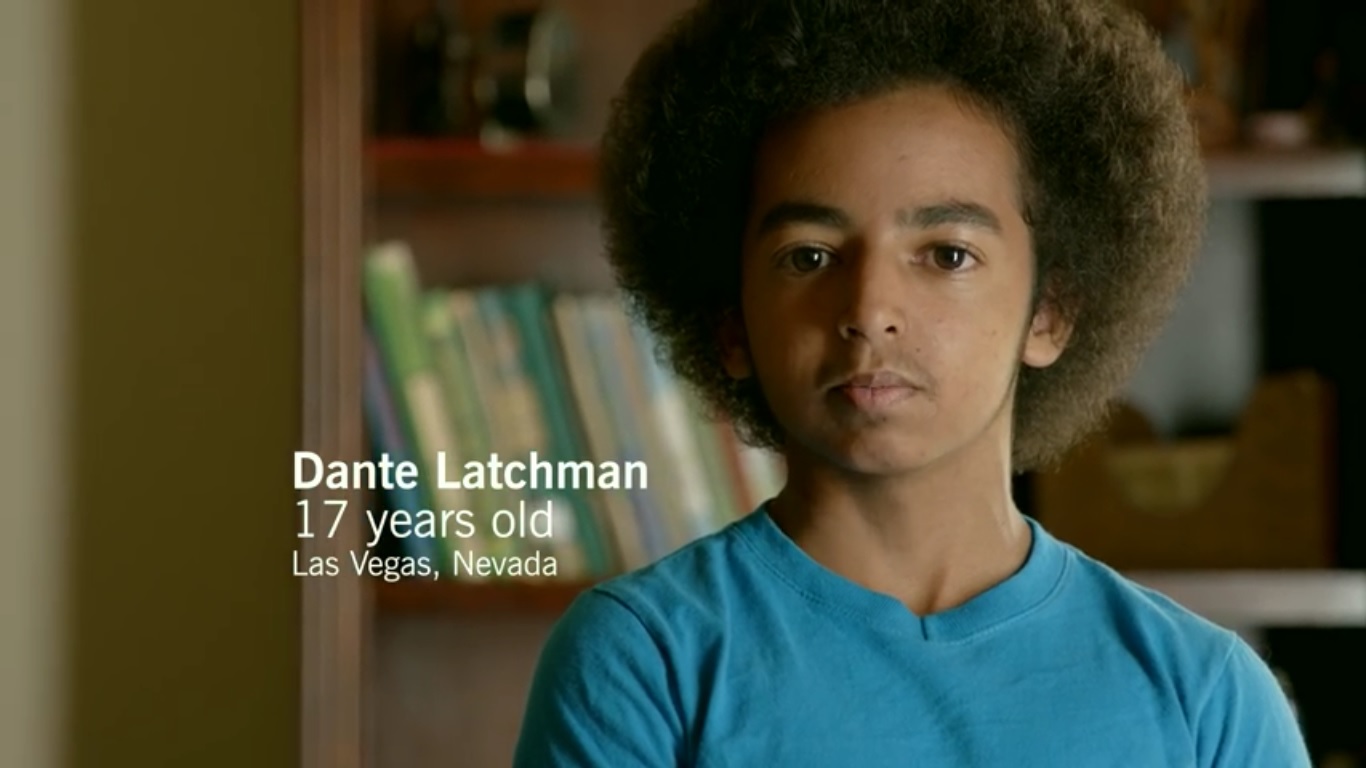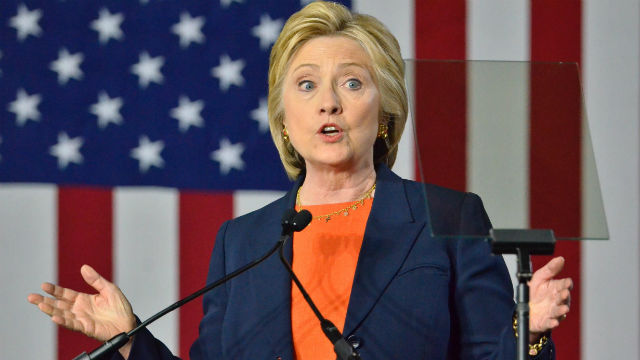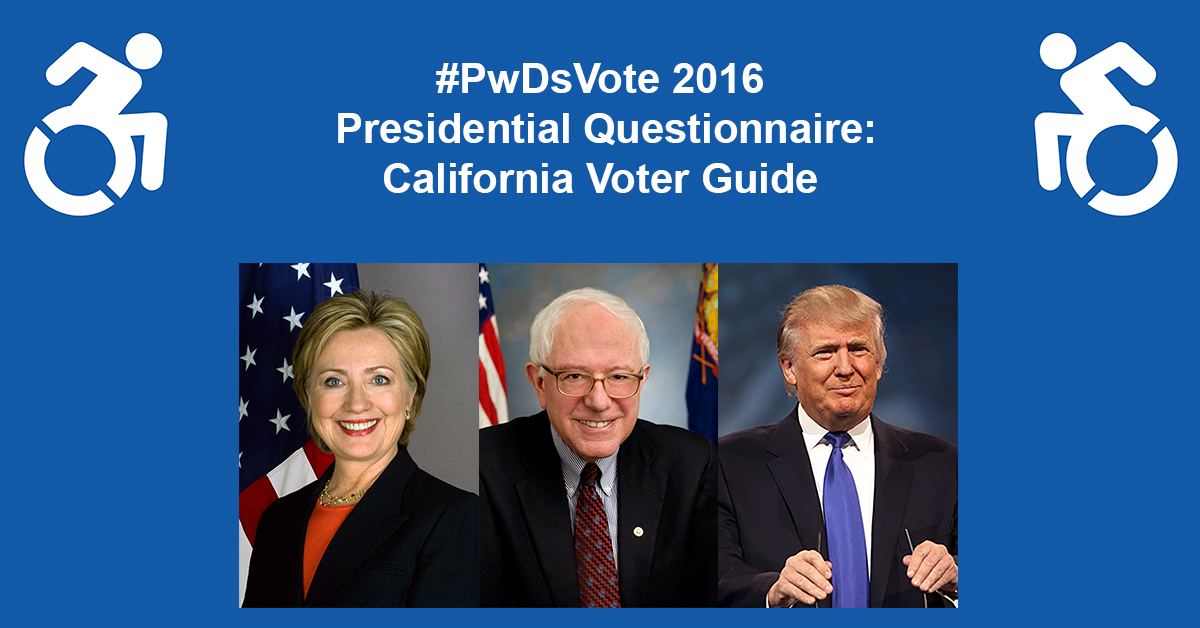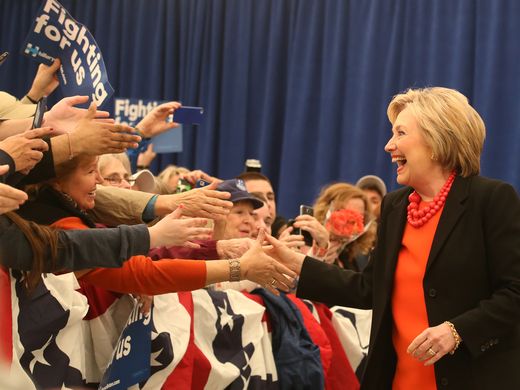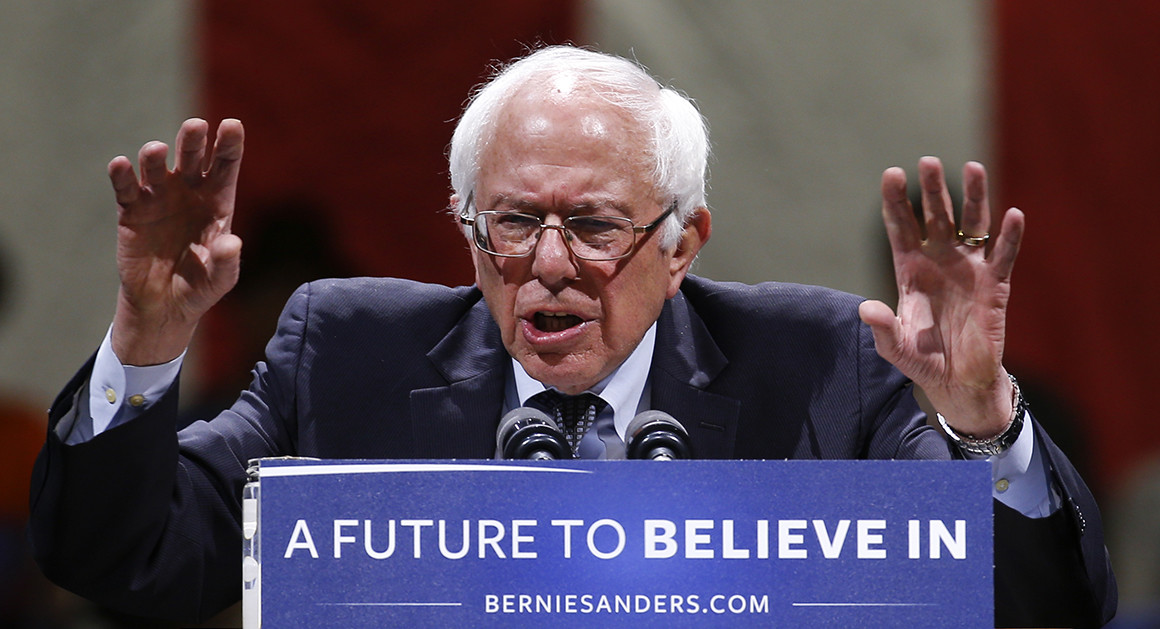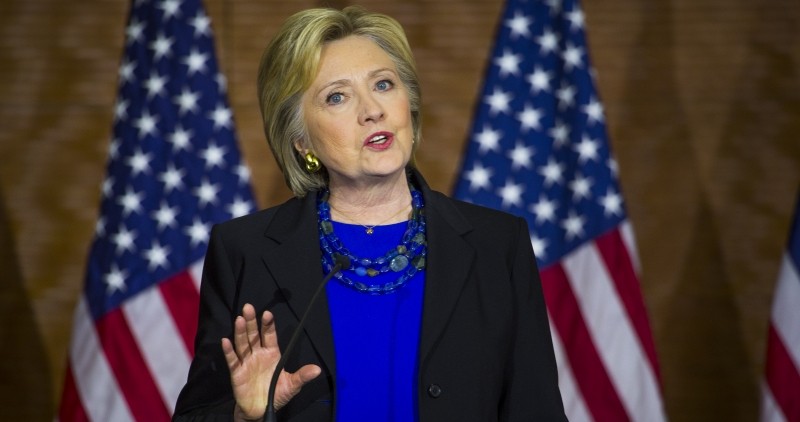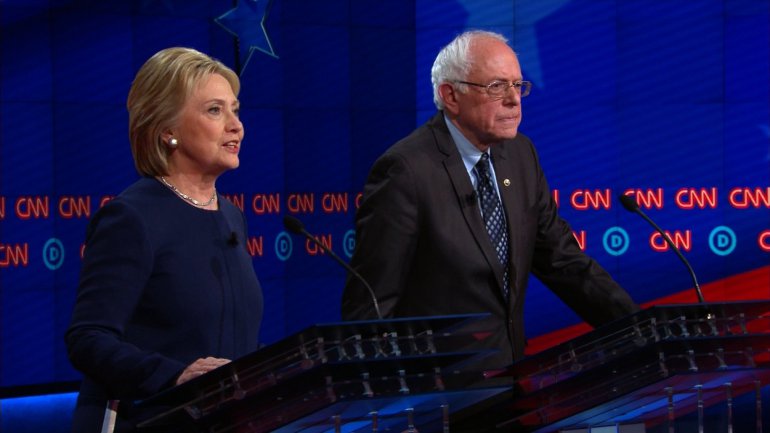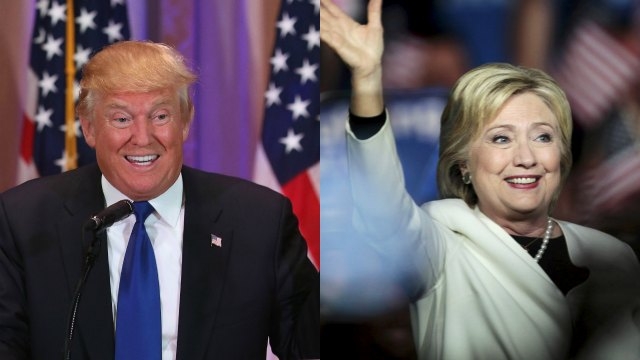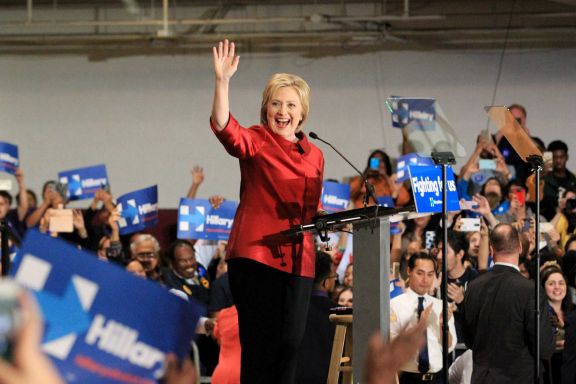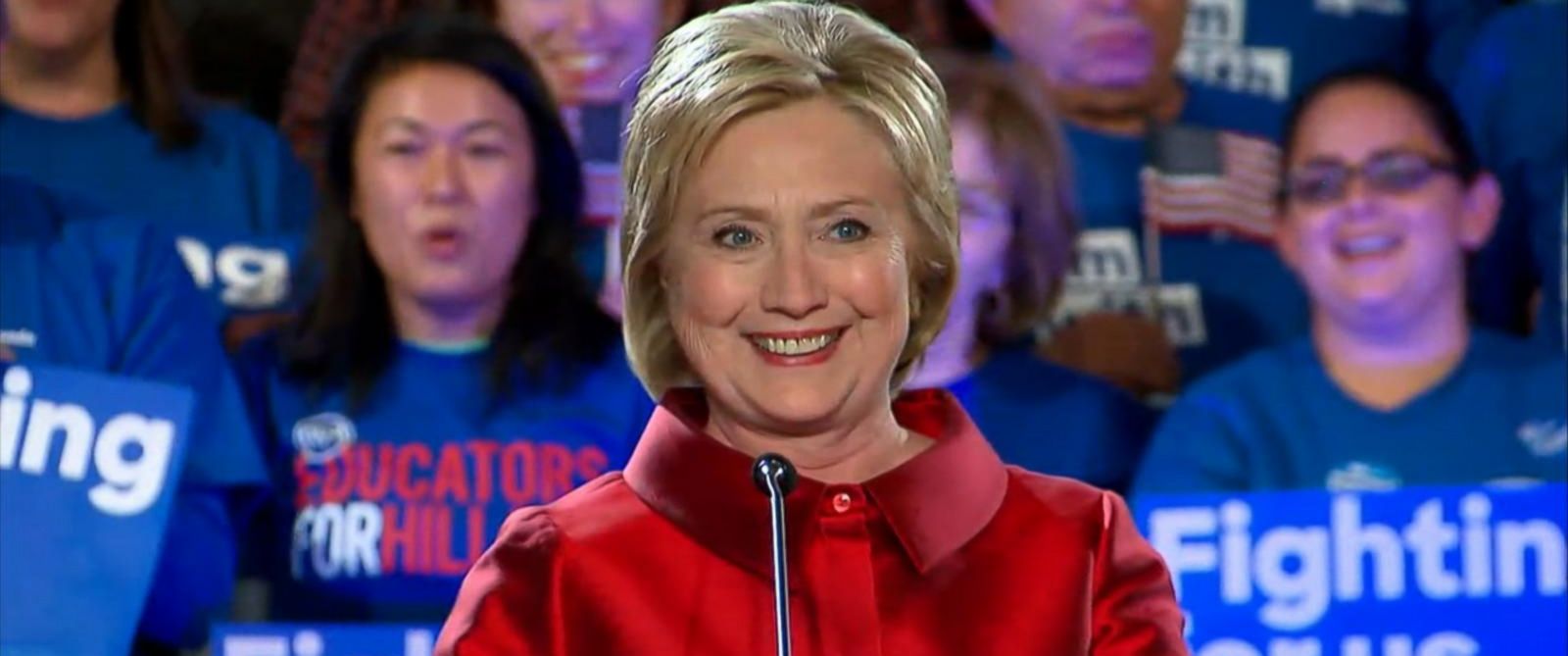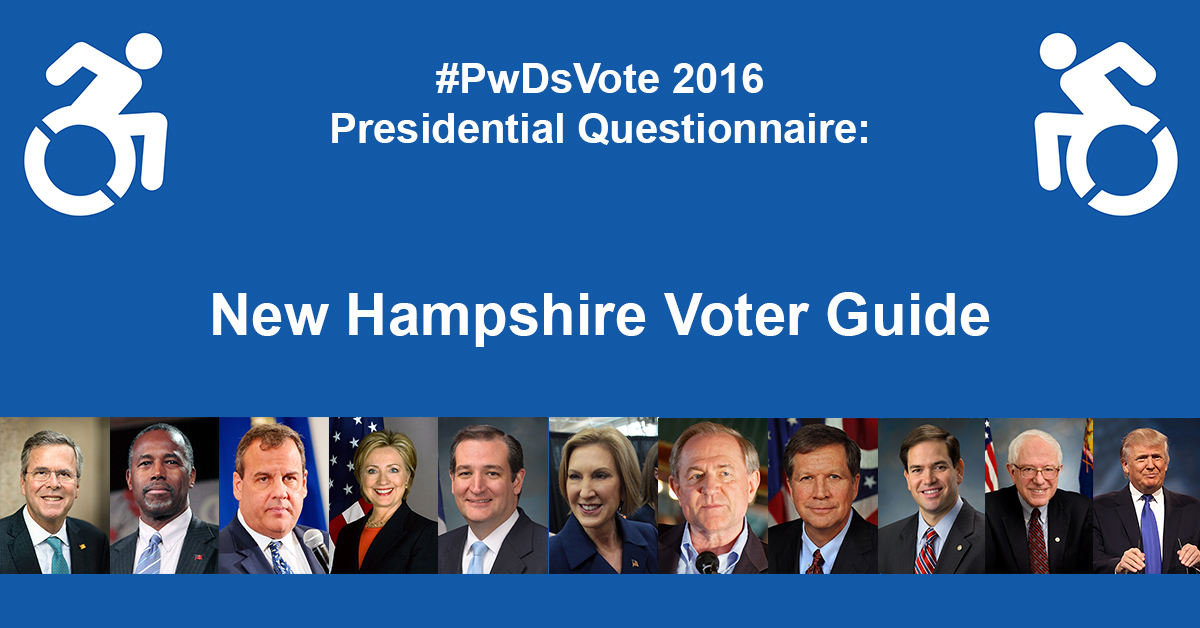Near unanimous bipartisan agreement that a candidate should treat people with disabilities with dignity and respect
Download the slide presentation with all poll data (PDF or accessible PPT).
Washington, Dec. 14 – Two separate bipartisan polls showed results that may surprise Washington insiders: voters with disabilities and their family and friends voted in big numbers for President-elect Donald Trump. While polls showed that many voters felt Trump made fun of people with disabilities, he was seen as stronger on changing Washington and failed economic policies that hold people with disabilities back.
RespectAbility, a nonprofit, nonpartisan organization fighting stigmas and advancing opportunities for people with disabilities, commissioned questions on two different national polls.
In a bipartisan pre-election and election night survey conducted by Lake Research Partners and The Tarrance Group, voters with disabilities split their votes between President-elect Trump (46 percent) and Secretary Hillary Clinton (49 percent). On the same poll, voters with disabilities identified themselves as 41 percent Democrat, 21 percent Independent and 31 percent Republican, demonstrating that on Election Day more Independents with disabilities voted for Trump than Clinton.
In an earlier poll by Democratic pollster Stan Greenberg PhD of Greenberg Quinlan Rosner Research and Republican pollster Whit Ayres PhD of North Star Opinion Research from late October, more voters with disabilities (40 percent) supported Trump compared to voters with no connection to the disability community (36 percent). The survey also showed that people with disabilities were more likely to say that the country is on the “wrong track” (59 percent) than were those without any disability connection (54 percent).
The Clinton campaign, especially nearing the end of the cycle, had publicly shared a strong slate of issues to improve the lives of people with disabilities in America. However, the polling showed that those messages did not break through to voters. In a heated campaign that focused on a variety of issues, a majority of voters did not see or hear anything positive from Trump or Clinton about their policies or plans for people with disabilities. While voters were more likely to say they had heard from Clinton, still 60 percent did not hear anything positive while another eight percent responded they did not know. Clinton provided position papers on the advancement of people with disabilities and held a rally in Florida on these issues. While this was covered in print media, it did not make it into the television news cycle in a meaningful way.
Just 19 percent of voters reported seeing or hearing anything positive from Donald Trump about his policies, experience or plans for people with disabilities while 69 percent had not and 12 percent did not know.
The economy and jobs continued to dominate the election landscape. Nearly one-third of voters said the economy and jobs (27 percent) were the most important issues in deciding their vote. Healthcare, terrorism and national security, and education round out the top tier of concerns (21 percent, 18 percent, and 18 percent respectively), followed by dysfunction in government (15 percent) and immigration (14 percent). While voters with disabilities mirrored the electorate on many issues, they were more likely to care about dysfunction in government (19 percent vs. 15 percent), Social Security (17 percent vs. 10 percent) and Medicare (11 percent vs. six percent) when comparing with the general public.
Voters universally agreed (90 percent, 78 percent “very important”) that it is important that a candidate for elected office treats people with disabilities with dignity and respect. While overall numbers were strong across party lines, 94 percent of Clinton voters agreed that this value was “very important” compared to 61 percent of Trump voters.
“We are heartened that there is almost unanimous support for positive policies for Americans with disabilities,” said Jennifer Laszlo Mizrahi, president of RespectAbility, a nonprofit organization fighting stigmas and advancing opportunities for people with disabilities, who commissioned the two polls.
Voters with disabilities tend to be less educated and experience poverty at greater levels than other Americans. Indeed, only 1-in-3 working-age people with disabilities in America has a job.
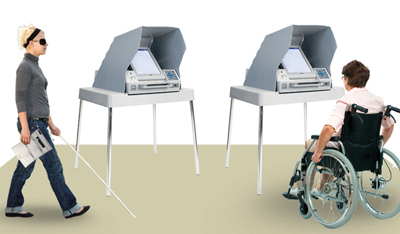

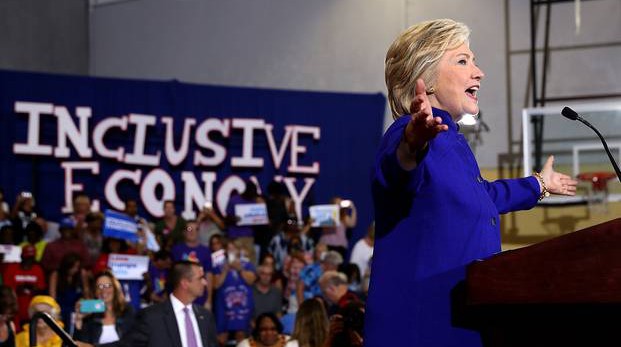
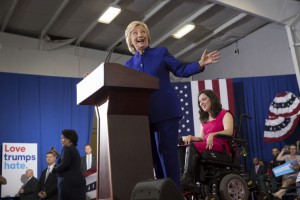
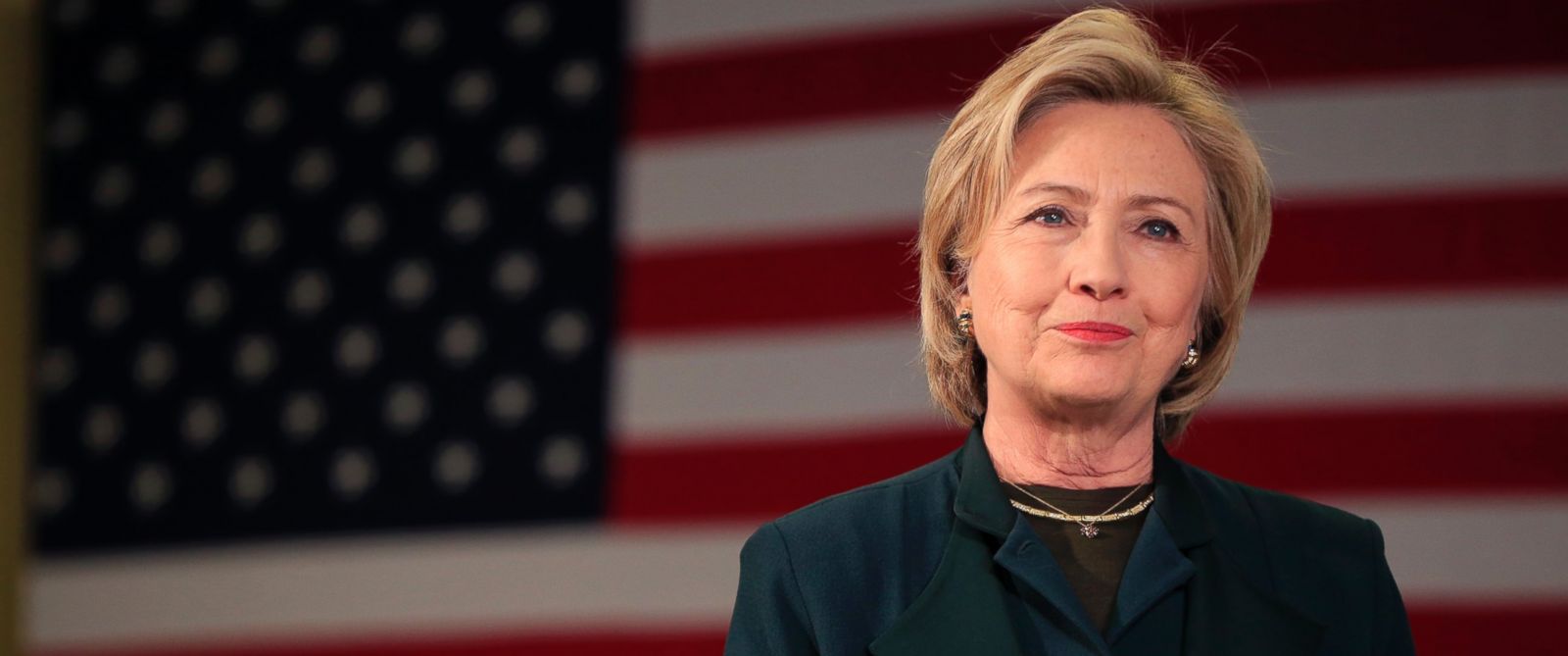
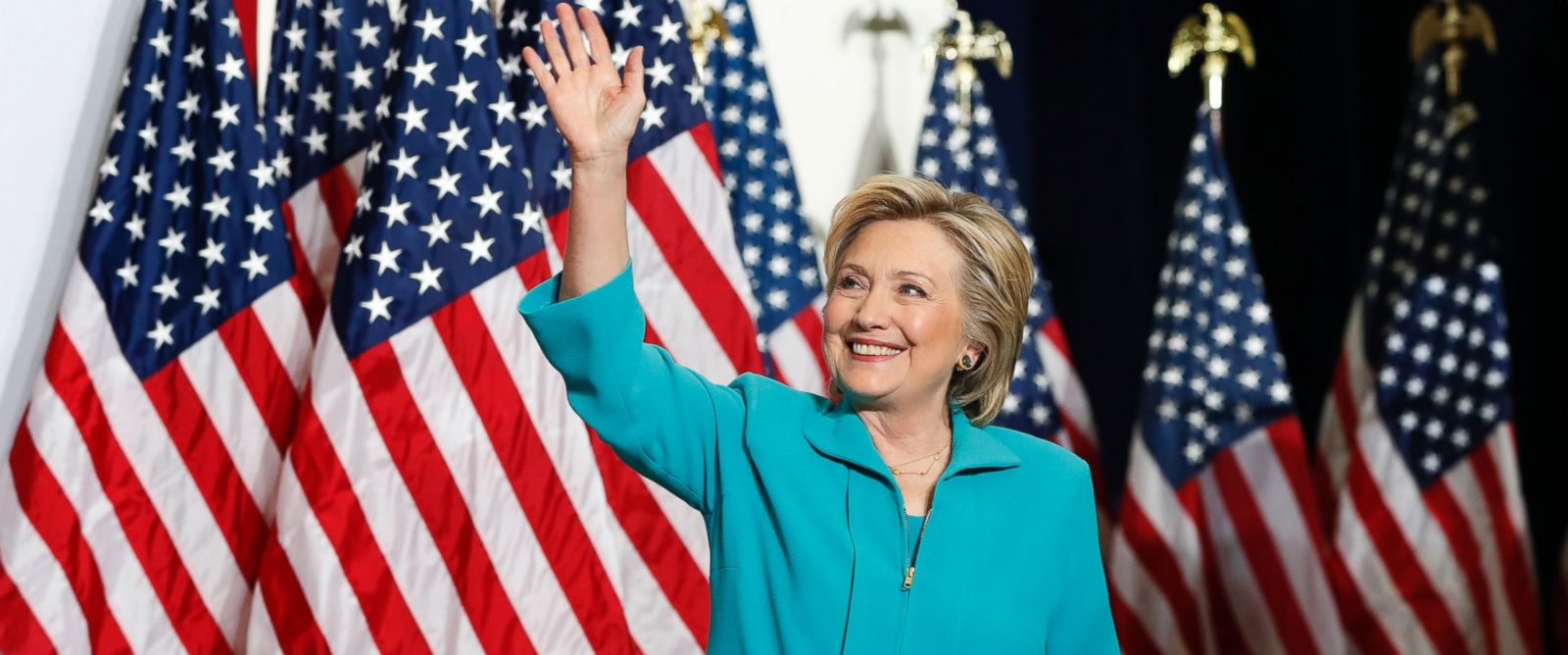
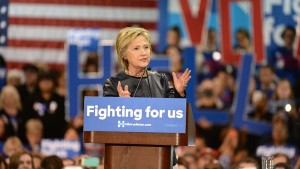 Washington, Sept. 9 – Last week Democratic nominee Hillary Clinton released a
Washington, Sept. 9 – Last week Democratic nominee Hillary Clinton released a 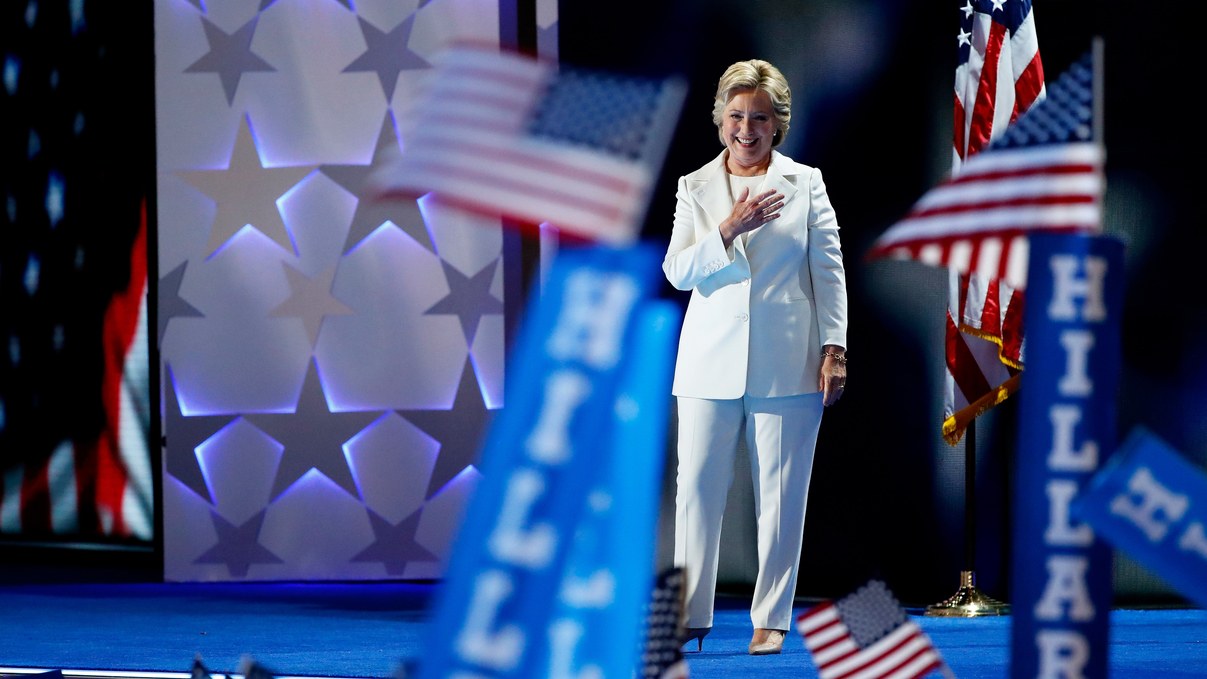
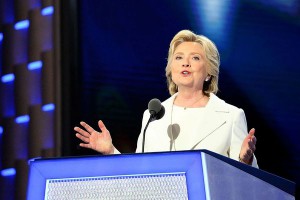 Philadelphia, July 30 — When Hillary Clinton took to the stage the final night of the Democratic National Convention, several disability activists had one question – will she include people with disabilities in a meaningful way in her speech?
Philadelphia, July 30 — When Hillary Clinton took to the stage the final night of the Democratic National Convention, several disability activists had one question – will she include people with disabilities in a meaningful way in her speech?
